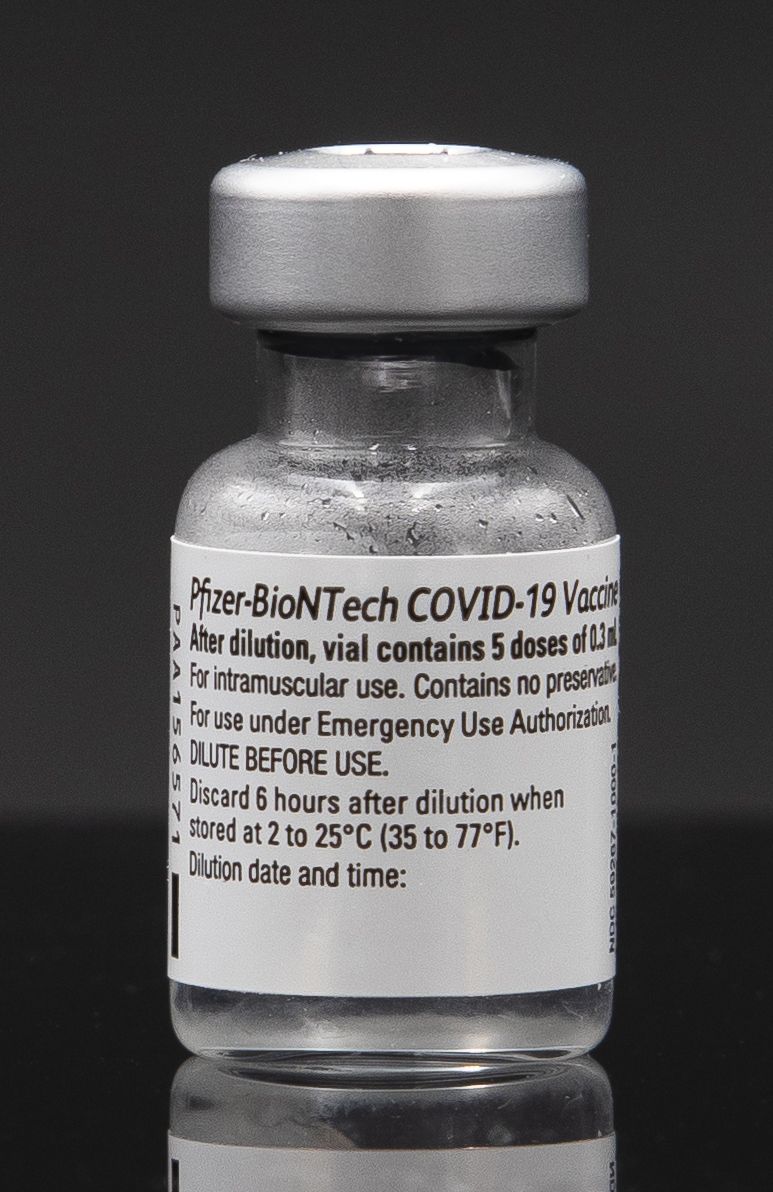Study Links Pfizer COVID-19 Vaccine to Corneal Changes and Eye Damage

A recent study conducted by researchers in Turkey has revealed significant findings regarding the Pfizer-BioNTech COVID-19 vaccine and its potential impact on eye health. Published in the journal Ophthalmic Epidemiology on July 21, 2025, the study involved the examination of 64 individuals who received the vaccine. The researchers measured changes in the inner layer of the cornea, known as the endothelium, before and after vaccination. Their findings indicate that both doses of the vaccine may result in increased corneal thickness, a reduction in endothelial cell density, and greater variability in cell size.
The study specifically noted that the corneal thickness increased from an average of 528 micrometers to 542 micrometers, a change of approximately two percent. Although this increase in thickness alone does not pose an immediate threat to vision, the researchers cautioned that long-term effects could potentially lead to vision complications, especially for individuals with pre-existing eye conditions. According to Dr. Aylin Demir, Lead Researcher at Istanbul University, "While the short-term effects observed in our study do not indicate immediate vision problems, continued monitoring of the endothelium is essential for those with lower cell counts or previous corneal surgeries."
Additionally, the average endothelial cell count dropped from 2,597 to 2,378 cells per square millimeter, representing an eight percent decrease. Normal ranges for healthy adults lie between 2,000 to 3,000 cells per square millimeter. Although 2,378 remains within a safe threshold for most, Dr. Cengiz Yilmaz, an ophthalmologist at Ankara Medical Center, emphasized the importance of individual assessments: "For patients who begin with a low endothelial cell count, this reduction could pose a significant risk to their vision over time."
The study also revealed a concerning increase in the coefficient of variation of cell size, indicating a decline in cell uniformity and health post-vaccination. Healthy endothelial cells typically exhibit a hexagonal shape, which is crucial for maintaining corneal clarity. However, the research showed a decline in the proportion of cells retaining this shape, from 50 to 48 percent following vaccination. This alteration could lead to long-term implications for corneal health, particularly if such changes persist.
Despite these findings, the researchers did not advise against receiving the vaccine. In fact, they emphasized the necessity for continued vaccination efforts while advocating for further long-term studies to assess the durability of these corneal changes. The study's authors noted that while immediate adverse effects were not observed among participants, ongoing research is crucial to ascertain whether the alterations in corneal structure could result in conditions such as corneal edema or bullous keratopathy, which may lead to permanent vision loss in severe instances.
As the world continues to navigate the implications of the COVID-19 pandemic, this study adds a new dimension to the discourse on vaccine safety and efficacy. It highlights the need for extensive follow-up research to gather more comprehensive data on the long-term ocular effects of the vaccination. Dr. Emma Richards, an epidemiologist at the World Health Organization, stated, "Understanding the full spectrum of vaccine effects is vital for public health policy and ensuring the safety of the population as we move forward with immunization programs."
In conclusion, while the Pfizer-BioNTech vaccine has been pivotal in combating COVID-19, these findings necessitate a cautious approach towards understanding its broader health implications. Continued research and monitoring are essential to ensure that the benefits of vaccination outweigh any potential risks associated with ocular health. As health authorities urge vaccination to curb the pandemic, they must also remain vigilant in assessing and addressing any emerging health concerns that arise from the vaccination process.
Advertisement
Tags
Advertisement





